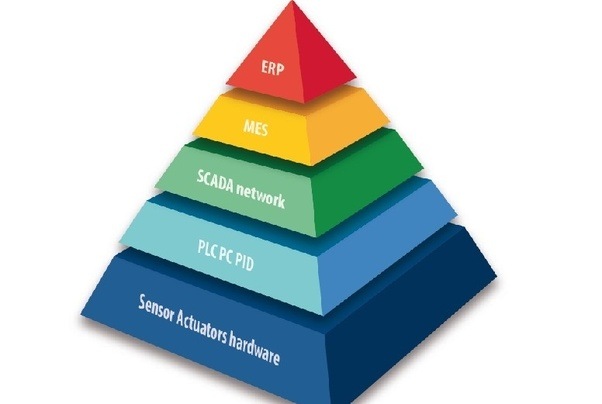For many years, the production in most companies has been very similar. They have maintenance departments that remove any breakdowns or perform machine inspections during the relevant periods of the year. In such a model the most important problem is optimal production planning, including failures, inspections and so-called bottlenecks. For the planning process to be more stable and predictable, MES (Manufacturing Execution System) systems have emerged.
MES systems allow you to quickly and efficiently model production processes and collect information about their progress, machine status, or entire production lines. The ability to integrate with IT systems (ERP, SCADA, …) allows you to track the production process, including components and raw materials at every stage. In this way, we obtain the data needed to plan and optimize the entire production area, using Lean Manufacturing and / or SIX SIGMA.

The most common reasons for implementing the MES system are:
- The need for precise planning and control of the production area,
- Necessity of precise traceability of produced elements with registration of qualitative or environmental data,
- Necessity of precision management of the machinery park, their reviews, and anticipation of failures before they occur,
Implementing an MES system is not easy and fast. To achieve the expected results it must be very precisely planned. It is important not only to collect data from different sensors or machines, but equally important if not the most important is what we are doing with this data. Some companies limit themself to visualization of processes, where they can be easily and clearly monitored. This is of course the basic benefit of implementing MES systems, but only a full analysis of the data collected will provide the right results. One of many is a system for analyzing machine trends, allowing for the detection of an upcoming failure and planning to remove it before it occurs. Another advantage is that there is no need to stock the parts. Backups are ordered on a regular basis, as we know which part and when will break. Therefore, MES systems are intended for companies that are fully aware of why they do it and to what extent.
Our Robotics department has many years of experience in integrating industrial automation with IT systems using a variety of standards and protocols.
We invite all to contact us and talk about your problems. Such a non-binding conversation can bring you closer to the optimal solution.





